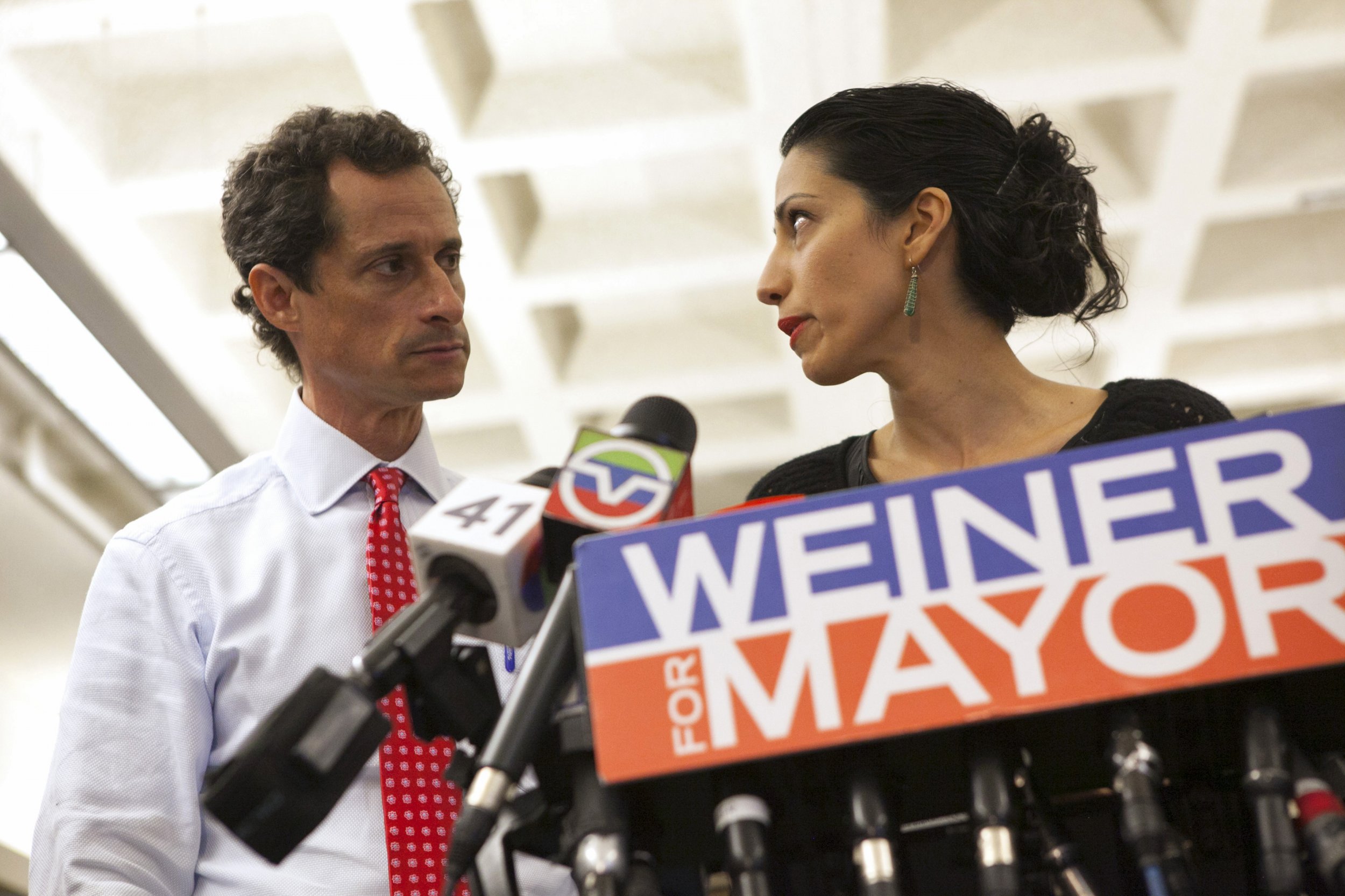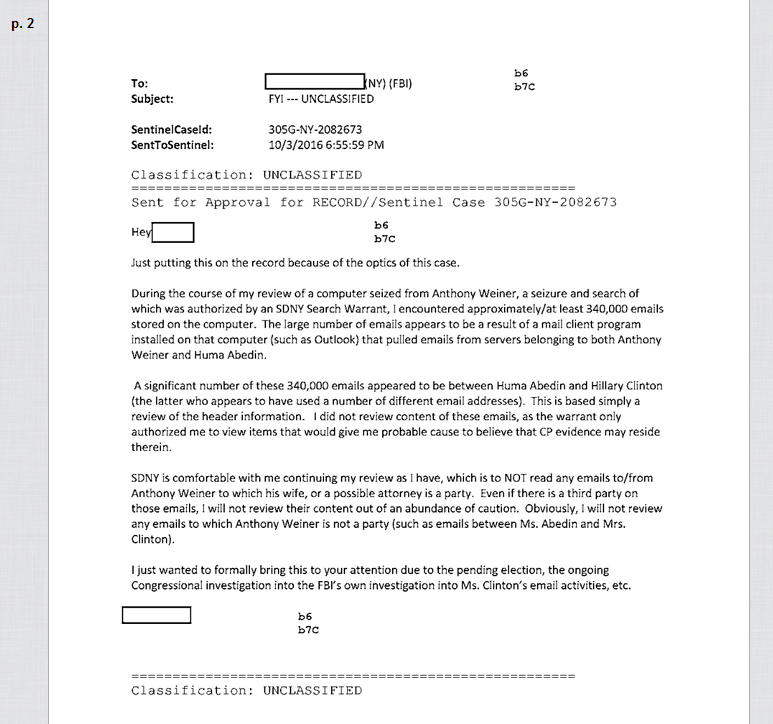Out of the Biden campaign’s nearly 700-person volunteer advisory group, eight members work for Facebook, Apple, Google or Amazon, the New York Times reported in August. They include Jessica Hertz who previously worked in the Obama White House and left a top position at Facebook to join the Biden transition team. Then there is Carlos Monje, a former Twitter public policy director that also joined forces with the Biden operation. More here.
There is also the campaign chairperson which is being led by Anita Dunn, a Democratic strategist, married to Robert Bauer, former partner at Perkins Coie and former personal counsel to President Obama and the White House Counsel. Anita Dunn left the Obama White House to later to return to SKDKnickerbocker, an advertising and consulting firm she founded that lobbies for a variety of corporate interests, and where she serves as a partner. As of November, she was still leading the firm. The “D” in the firm’s name refers to Dunn. The first “K” is for Bill Knapp, currently on leave from the company to work for Michael Bloomberg’s campaign.
Ron Klain, Biden’s chief of staff during his time as vice president, isn’t officially on the campaign payroll, the longtime Biden confidant is still one of his closest advisers and is said to know his strengths and weaknesses more than almost anyone. Before working directly for Biden, Klain helped President Bill Clinton shepherd through his judicial nominations and later became Vice President Al Gore’s chief of staff.
Klain also helped lead Hillary Clinton’s debate prep back in 2016, and reprised that role prior to Biden and Trump’s first debate.
Critically, Klain served as the “Ebola czar” for the Obama administration and successfully helped guide the federal response to containing the outbreak of that virus in 2014 and 2015. Biden also hired younger sister, Valerie Biden Owens. Biden Owens was just 27 when she ran her brother’s successful first Senate run against an entrenched Republican incumbent. Biden Owens was instrumental in her brother’s decision to reverse his longtime support of the Hyde Amendment during the Democratic primary. Then there is Steve Ricchetti who also had a lobbying firm that worked for a few major pharmaceutical companies, among other clients. Add in Mike Donilon is another longtime Biden adviser and friend. He’s considered one of the former vice president’s most trusted confidants, and the pair has a long history — he’s been helping Biden as a strategist since 1981. Donilon previously worked for former Virginia Gov. Douglas Wilder — who, in 1990, became the country’s first Black governor since Reconstruction — and President Clinton. And like much of Biden’s inner circle, he’s helped the candidate prepare for debates in this campaign.
But hold on…there is more. Plenty more, but you get the point as you read on.
Here is a list of who’s who on Biden’s economic team. Several are likely to get key posts if the former vice president manages to win the White House.
The progressives
- Sen. Elizabeth Warren of Massachusetts
- Sarah Bloom Raskin, former Fed governor and Obama Treasury hire, her husband is a progressive member of House
- Richard Cordray, the first director of the Consumer Financial Protection Bureau
- William Spriggs, chief economist to the AFL-CIO and former assistant secretary for policy at Obama Labor Department
- Andrew Yang, former presidential candidate
The Biden veterans
- Jared Bernstein, served as chief economist to Vice President Biden. and now at the Center on Budget and Policy Priorities
- Ben Harris, also served as chief economist to Vice President Biden. He is now at Northwestern University’s Kellogg School of Management
- Don Graves, was Biden’s counselor as vice president, currently head of corporate responsibility and community relations at KeyBank
The Obama moderates
- Gary Gensler, former head of the CFTC under Obama
- Larry Strickling, led Obama’s National Telecommunications and Information Administration
- Lael Brainard, Fed governor and former Obama Treasury official
- Austan Goolsbee, former Obama chair of council of economic advisers
The young guns
- Byron Auguste, president of Opportunity@Work and worked at the Obama White House as well as McKinsey & Co.
- Heather Boushey, president and CEO of the Washington Center for Equitable Growth. She served as chief economist for Hillary Clinton’s 2016 presidential transition team
- Gautam Raghavan, chief of staff to Democratic Rep. Pramila Jayapal of Washington, co-chair of the Congressional Progressive Caucus. He was a former staffer for the Obama White House
- Julie Siegel, a former Warren staffer who worked at CFPB and at Obama White House
- Felicia Wong, president and CEO of the Roosevelt Institute and an expert on race and barriers to an inclusive economy
- Sonal Shah, previously worked at Goldman Sachs, Google and the Obama White House. She was most recently the national policy director for Pete Buttigieg’s presidential campaign
- Bharat Ramamurti, Warren’s senior counsel for banking and economic policy
- Cecilia Munoz, former head of Obama’s domestic policy and worked at the National Council of La Raza
Pulling from Wall Street
- Roger Altman, founder and senior chairman of Evercore, served in Bill Clinton’s Treasury Department
- Jamie Dimon, head of JP Morgan Chase JPM, -1.16%. Dimon is routinely mentioned as a potential candidate for Treasury secretary
- Roger Ferguson, president and CEO of TIAA. He is a former vice chairman of the Federal Reserve
- Tom Nides, managing director and vice chairman of Morgan Stanley MS, -0.69% was deputy secretary of state in the Obama Administration
- Larry Fink, the head of BlackRock BLK, -0.73% has been backed by some of Biden’s Wall Street supporters for a role in the new administration
- Tony James, the executive vice chairman of the private equity firm Blackstone BX, -0.18% is also on the wish-list of Biden’s Wall Street supporters
- Mark Zandi, chief economist at Moody’s Analytics, has been a policy adviser to congressional Democrats
Team Fed
While not advisers in any sense, these officials could be tapped for jobs in the administration or for top Fed jobs.
- Raphael Bostic, president of the Atlanta Fed, is the first Black leader of a regional Fed. Bostic has been speaking out about the need to narrow racial and economic gaps
- Mary Daly, president of the San Francisco Fed, has a unique story, rising from high-school dropout to head a regional Fed bank. She is a gay woman who can explain economic issues to a broader audience than Wall Street.
- Eric Rosengren, president of the Boston Fed. Longest-serving regional Fed president, first appointed in 2007. He has been tough on Wall Street regulation.
Potential Republicans
- Sheila Bair , former head of the FDIC, has been mentioned as having a possible role in a Biden administration due to her tough stand on bank regulation
- Neel Kashkari, president of the Minneapolis Fed and former Republican candidate for governor of California, favors tougher capital standards for banks and has been a dove on interest-rate policy








